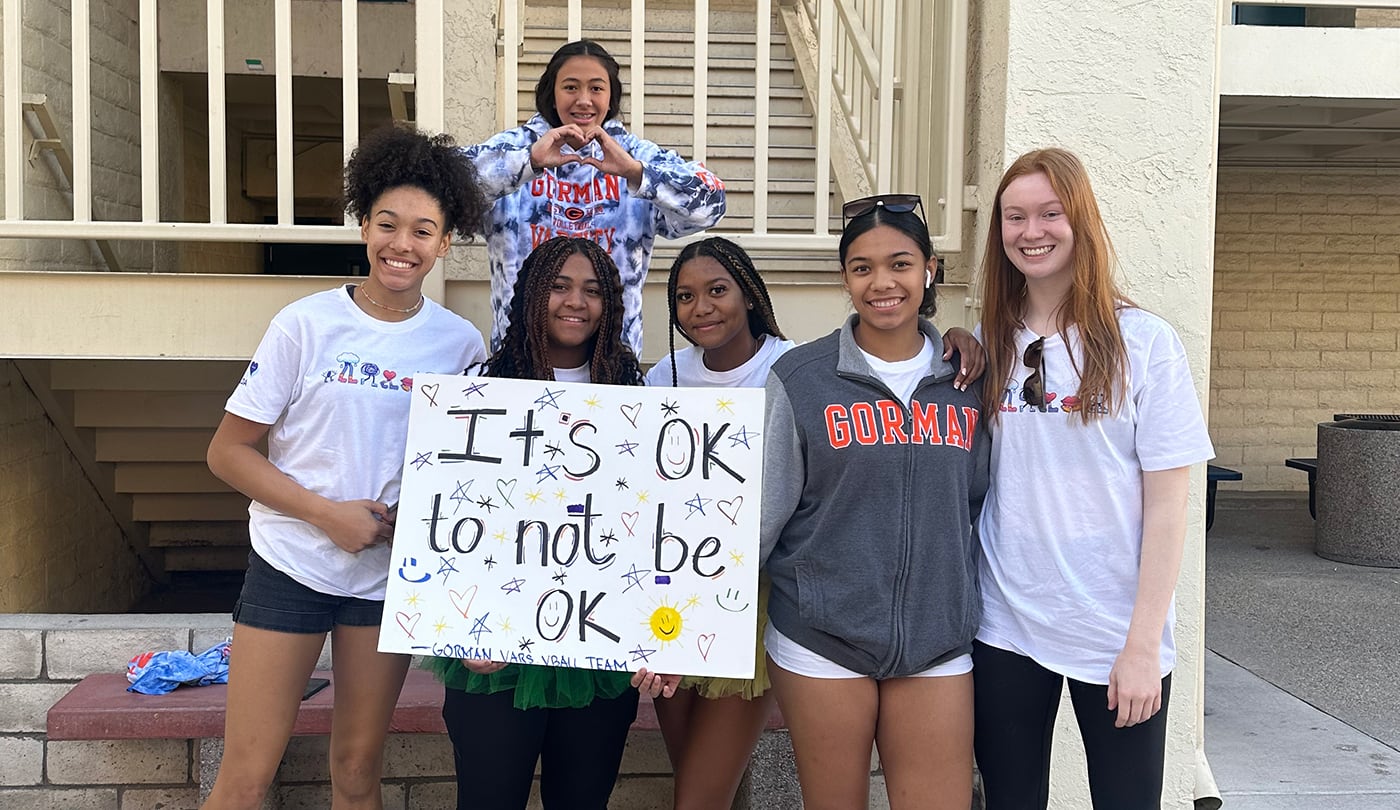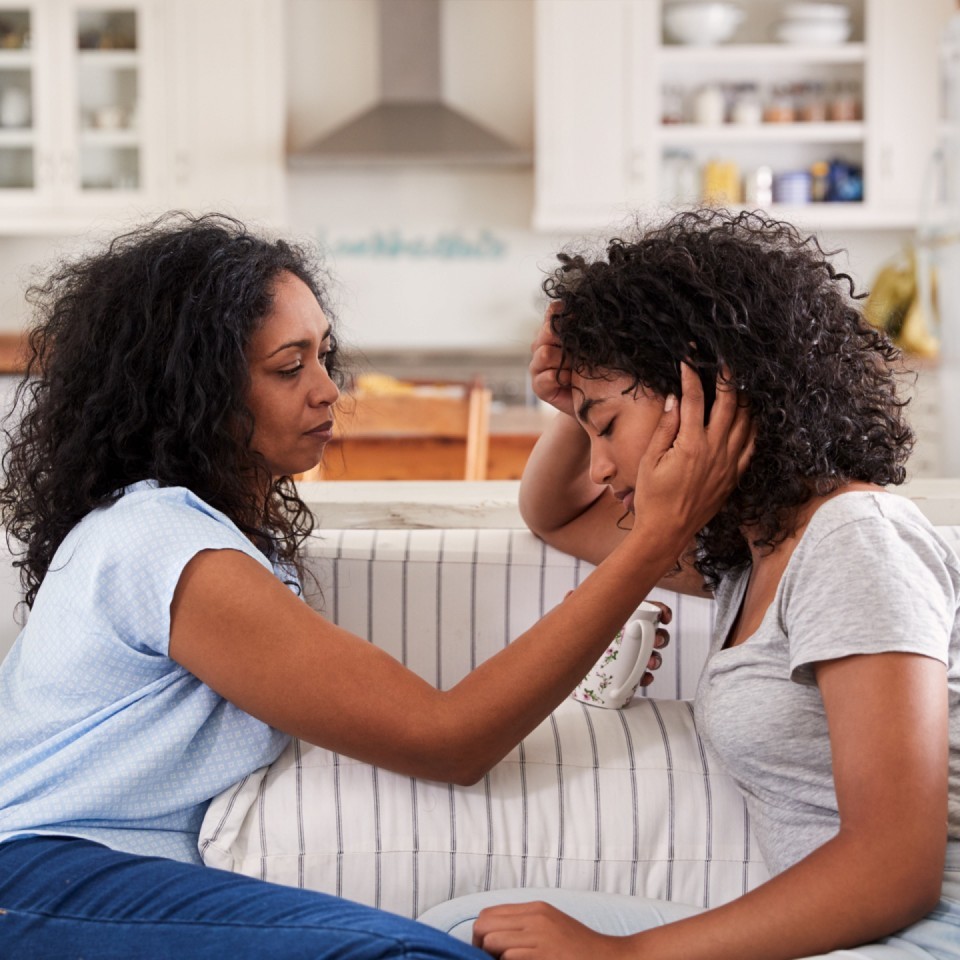What you feel matters
and so do you.

Life’s twists and turns are beyond our control, but how we respond isn’t. At Hope Means Nevada, we empower teenagers to recognize warning signs, express their emotions, and practice self-compassion. It’s perfectly okay not to be okay, and we’re here to provide unwavering support on your journey toward hope.
TOOLS TO HELP WITH STRESS, ANXIETY, AND DEPRESSION
View this post on Instagram
View this post on Instagram
HOW WILL I KNOW IF IT’S A CRISIS?
- Explicit Self-Harm Plan: When a loved one articulates a plan to self-harm or reveals an intention to take their own life.
- Non-Lethal Suicide Attempt: Discovery that a loved one has made a non-lethal attempt at suicide, such as through pills, intentional cutting, or any other method.
- Verbal Expression of Pain and Suicidal Desire: A loved one confides in you about their deep emotional pain and expresses a genuine desire to end that pain through self-harm. Expressing feelings of worthlessness or that life is not worth living.
- Auditory Hallucinations: When a loved one reveals that they are hearing voices compelling them to harm themselves.
- Fear of Leaving Them Alone: Feeling afraid to leave a loved one unattended due to concerns that they may attempt suicide in your absence.
Understanding and identifying these warning signs enables you to respond promptly and seek professional help. If you or someone you know is experiencing a crisis, it is crucial to reach out to mental health professionals, helplines, or emergency services for immediate support.

WHAT DO I DO IN A CRISIS?
- Stay Calm: Maintain composure to think and act rationally during the crisis.
- Act Immediately: Don’t hesitate; take prompt action to address the situation.
- Direct Communication: Talk openly with your loved one about their feelings and struggles. Let them know you are there for them.
- Active Listening: Be prepared to listen empathetically, without judgment. Allow them to express their emotions and concerns.
- Avoid Leaving Them Alone: Stay with your loved one to provide immediate support. Leaving them alone may escalate the situation.
- Inform Other Loved Ones: Reach out to friends or family members who can offer additional support and understanding.
- Remove Harmful Items: Identify and remove any potentially dangerous objects or substances from the environment to ensure your loved one’s safety.
- Express Care and Support: Assure your loved one that you care, and emphasize that you are committed to finding help together.
- Call a Suicide Hotline: Immediately contact a suicide hotline to connect with trained professionals who can provide guidance and support.

PEOPLE WHO CARE
View this post on Instagram
View this post on Instagram
View this post on Instagram



